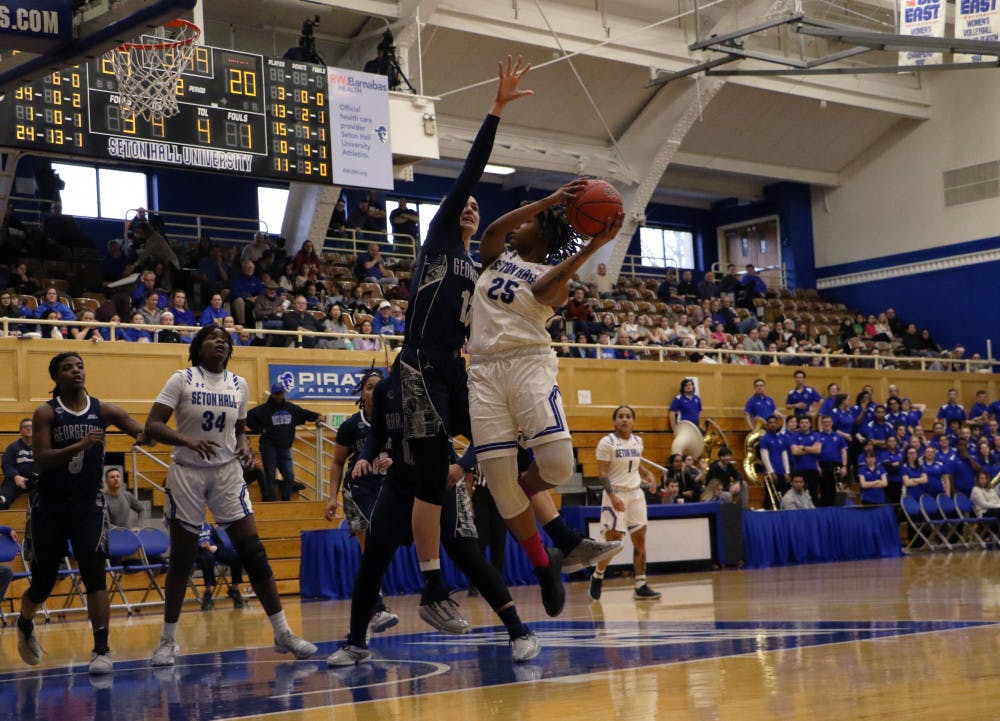Seton Hall faculty members have exhibited concerns about the amount of plagiarism evident in student work.
"In an attempt to have assignments in on time they [students] turn in something that is not their own work," Assistant Professor of History, Kirsten Schultz, said.
Schultz added that she much rather students come to her if confused or overwhelmed than turn to dishonesty.
Joan Guetti, Interim Dean of the College of Arts and Sciences, could not address specific instances of plagiarism due to privacy issues, but noted that students have been caught plagiarizing within the college.
"Students have been caught plagiarizing papers in the past and the penalties can be very severe," Guetti said. "It is not unusual to find that the student fails the course."
Joseph DePierro, Dean of the College of Education and Human services said the college has received occasional reports of cheating or plagiarism, but none that he can recall from the past year.
However, DePierro said that during his tenure as dean, students have failed assignments, courses or have been expelled due to plagiarism and cheating.
Each college at Seton Hall has an academic dishonesty policy that is featured on almost all class syllabi. Yet some students are still confused on what the policy states.
As The Setonian reported on Feb. 23, many students are becoming confused of what actually constitutes plagiarism, especially in the age of the internet.
The age of the internet, however, may not relate to the rising concern of plagiarism, according to DePierro.
"Although it is tempting to blame the internet, I don't think that is the root cause," DePierro said. "Plagiarism and other forms of cheating have been around for a long time and are not the result of the web, but rather of values, or lack thereof, that people manifest."
Acting Dean of the Stillman School of Business, Joyce Strawser, said many of her students do not understand what is considered plagiarism.
One year Strawser gave her students examples of past students work that she believed had been plagiarized.
"In the few cases where portions of the essay were lifted word-for-word from the text, students agreed with me that plagiarism had occurred," Strawser said. "In other cases, where a former student had reworded the text or paraphrased the text, but still did not give proper attribution, a number of my current students did not believe that the work reflected plagiarism. "
Guetti agreed that although instances of plagiarism can be intentional, students sometimes do not realize that changing a few words around and claiming it as one's own is still considered plagiarism.
Guetti, DePierro, Schultz and Strawser all believe if professors spent more time on what constitutes plagiarism and academic dishonesty, students who unintentionally plagiarize may better understand their actions.
Nicole Bitette can be reached at nicole.bitette@student.shu.edu





